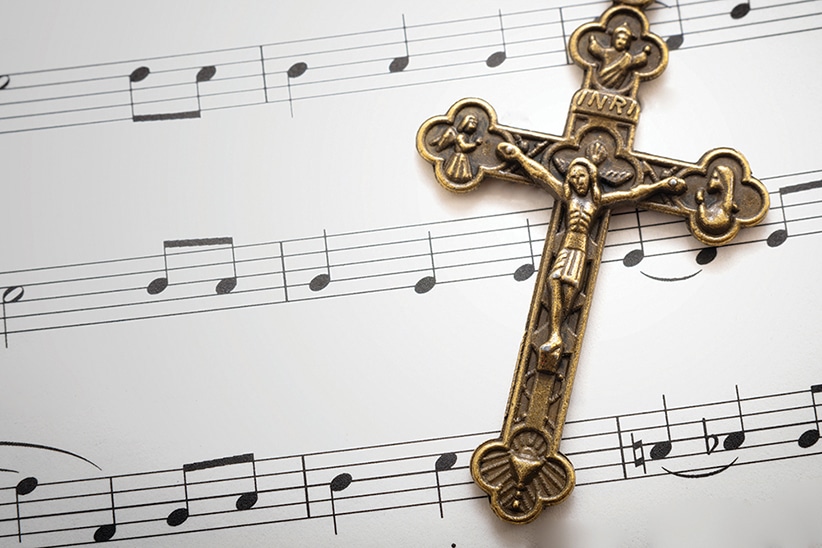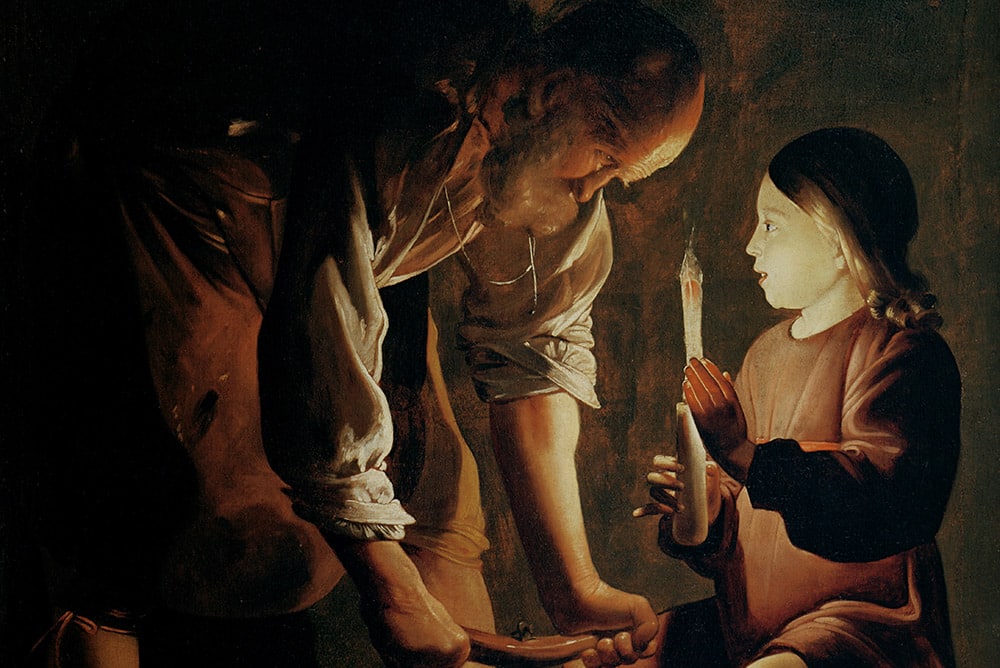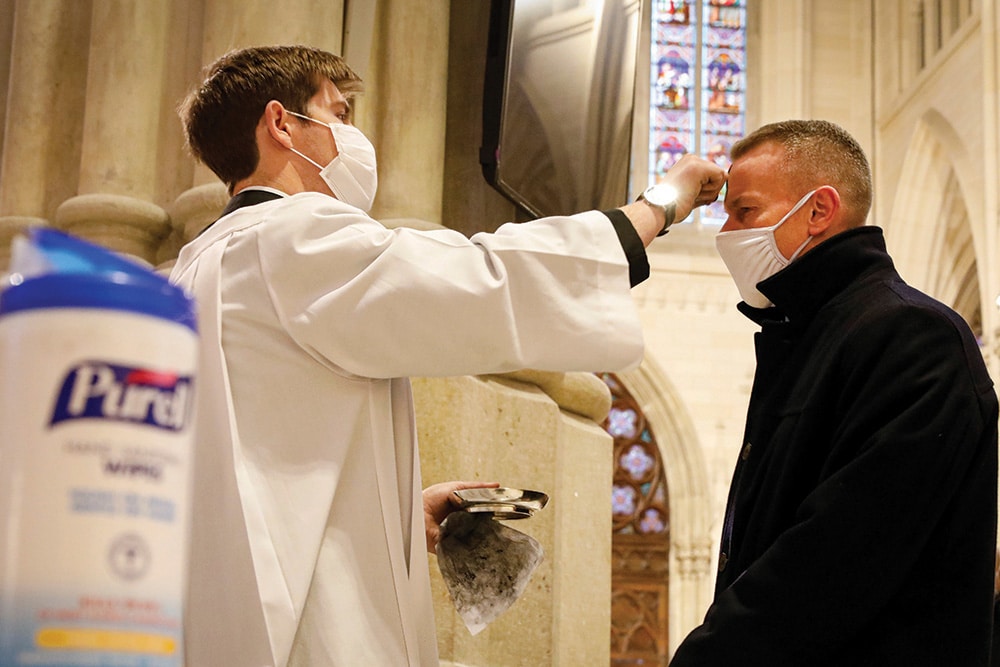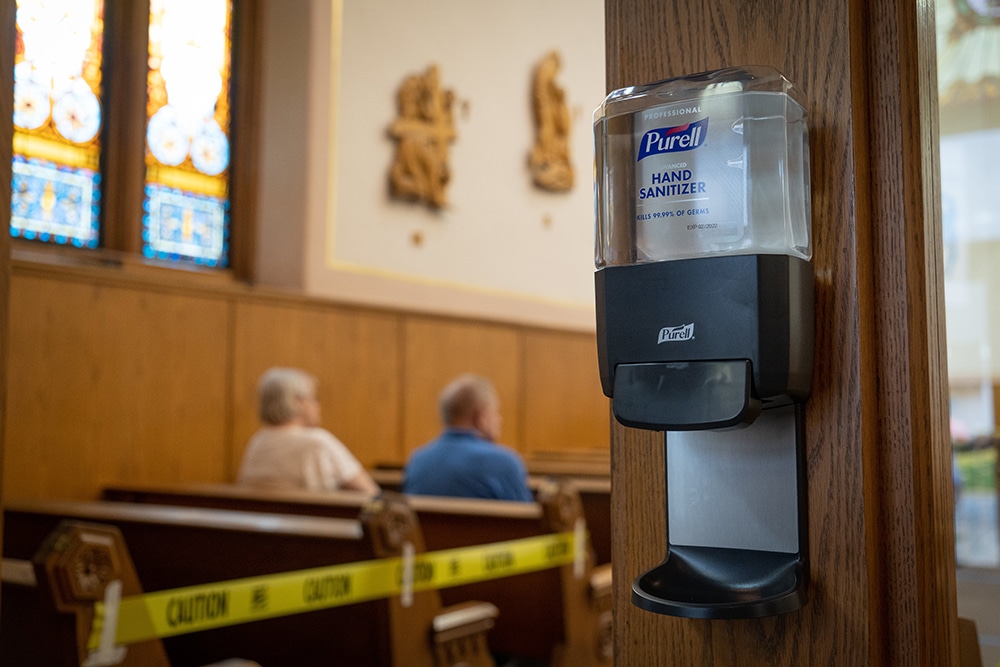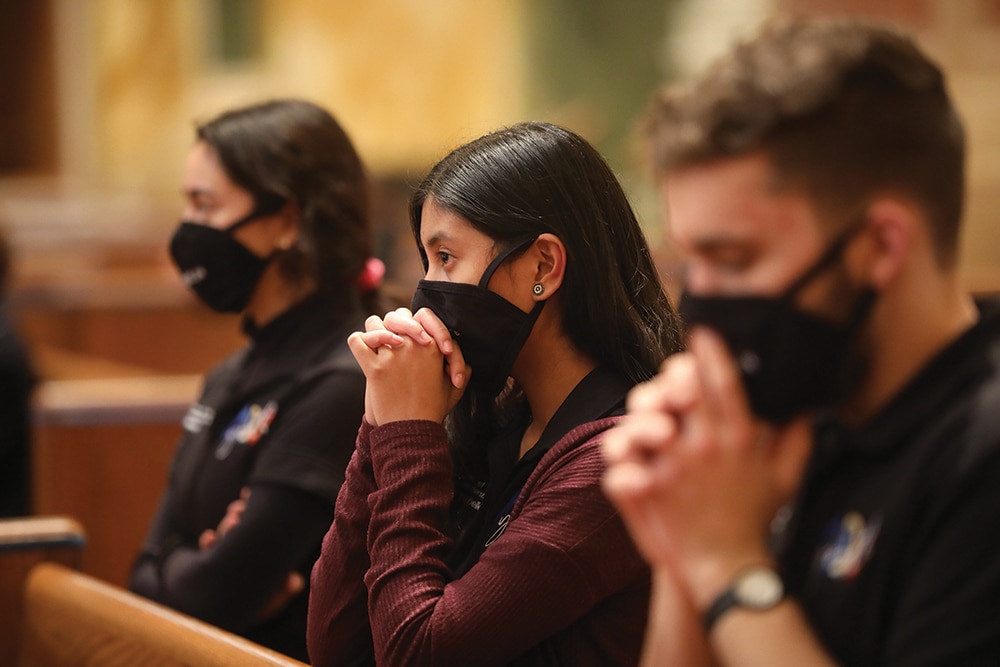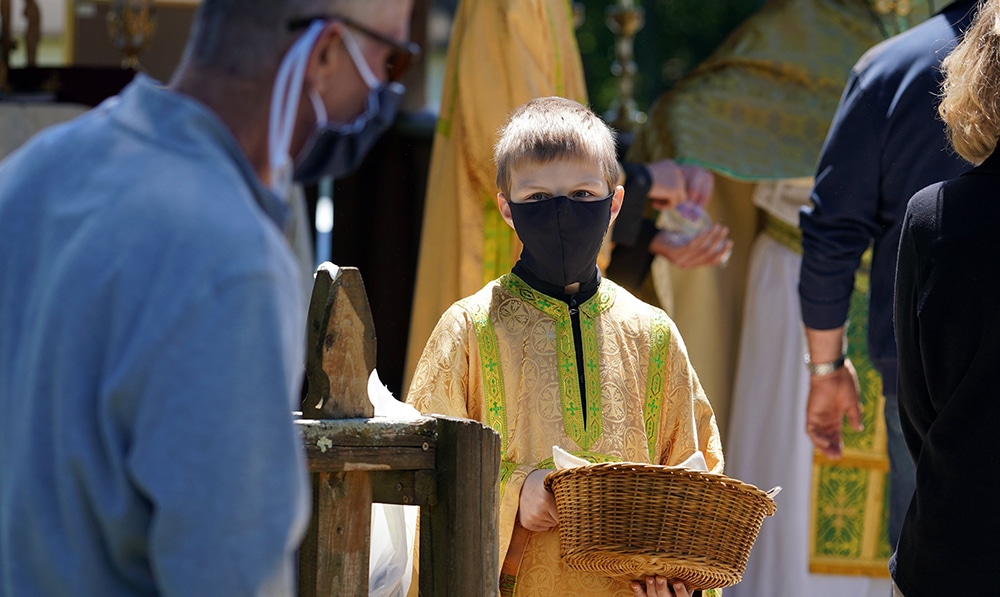Sacred music has been part of the Judeo-Christian faith for thousands of years.
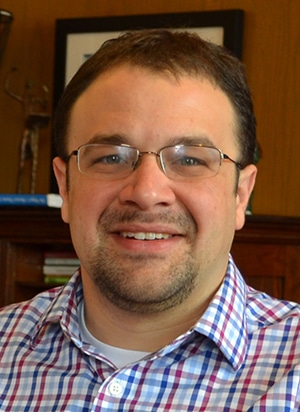
“It’s part of our story,” said Thomas Octave, associate professor of music and chair of fine arts at Saint Vincent College in Latrobe, Pennsylvania. “We sing our story from Exodus when the Israelites sang at the parting of the Red Sea, and from when Jesus sang a hymn on the mountain. People of faith have always sung their story, and now more than ever we need to continue utilizing music in our own prayer and into the prayers of the Church to engage the hearts and minds of those who gather.”
Some small parishes have part-time organists with no formal education in theology. Bigger parishes might have full-time music directors with master’s degrees in theology and sacred music.
Many Catholic colleges and universities have courses for students headed for music ministries and for those already serving who want to enrich their gifts.
Saint Vincent College, on site with a seminary and Benedictine monastery, offers undergraduates and seminarians a music major or minor with concentration in sacred music.
Read more Catholic College special section articles here.
“They get a lot of practical applications by playing or cantoring for Mass in our student chapel where students are the music ministers,” Octave said. “I work with them preparing music for the liturgy and they have opportunities to be in leadership roles within the chapel community.”
Octave teaches voice, choir and music. Benedictine Father Cyprian Constantine, the director of liturgical formation, is renowned for his knowledge and vast experience on the organ and in chant. His students have opportunities to play on the magnificent organ in Saint Vincent Basilica. Christopher Pardini, a published composer and music director of Blessed Sacrament Cathedral in Greensburg, Pennsylvania, teaches theory and piano.
Students learn to share their gifts and talents by integrating music into the worship at Catholic and other denomination churches.
“It’s a wide circle, and the way it can be utilized really depends on the community gathered in prayer and the needs of that community,” Octave said. “This is part of our story in Catholicism, that we use all the traditions, not just one or the other, that allow people to gather in worship and to engage in prayer.”
Bringing people to prayer
This year, the University of Mary in Bismarck, North Dakota, is launching two new programs for sacred music.
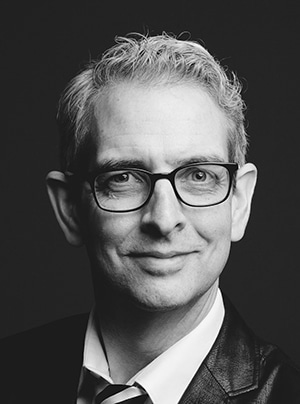
One is a master’s of arts in music with a focus on the personal and professional needs of Catholic school music teachers. It’s also relevant for graduating college seniors who want to advance their skills in teaching, performing, directing, composing, church music and doctoral studies. The summer course is designed for the working professional and will have some online components.
“We’re also rolling out a liturgical choir called Capella and will be recruiting and offering scholarships to students to come to our campus to sing sacred music,” said Rebecca Raber, director of graduate studies in music. “It will be just like recruiting athletes, and they’ll rehearse five days a week and sing at two Masses every week. We’ll be able to have the most incredible sacred and concert music.”
The university also offers an undergraduate music degree with an emphasis on sacred music. Tom Porter, professor of music and chair of the department, noted that “the pendulum always swings” in terms of liturgical music.
“In recent years, it has gone in a direction that allowed us to re-examine some things that were forgotten for a while, like an appreciation of chant,” he said.
But, he added, there are no blanket statements about what’s a good fit in any situation. Rather, a liturgical minister should consider the congregation, music sources, liturgical season and the occasion.
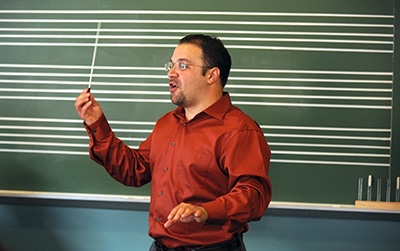
“Then they should ask the very important question of how do we bring people to prayer,” he said. “That has to be specific to its time and its place. I stress to my students that they need to know who their parish is. They need to know how people are praying right now, and to not have a judgement on that but to come to an understanding of that so they can serve the congregation.”
Approach with ways to offer improvements, he advises, and don’t change everything about the way they pray.
What’s important in any of the music, regardless of the style, are the words.
“The text is a witness to our faith,” Porter said. “When we sing it as a congregation, we are proclaiming something that we believe and what we hold true. It’s part of our evangelization.”
Raber credits University of Mary president Msgr. James Shea with investing in bringing sacred music to the people and, she said, “to the truth and tradition of our beautiful Catholic faith.”
Impact on liturgy
Sacred Heart Major Seminary in Detroit offers a sacred music major. Stephanie Nofar-Kelly, director of liturgical music, teaches seminarians in the program.
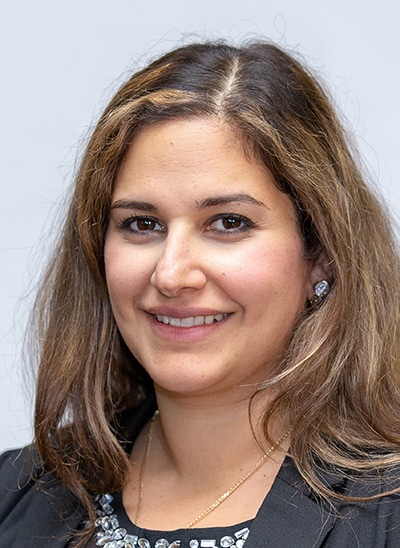
Sacred music intertwined with the liturgy, she said, becomes one to glorify God and sanctify the people.
“When we sing and play at Mass, we are praying twice,” she said. “We are also coming together as a community and praising God together. It’s a beautiful thing when we live our ordinary lives and join in the awesome mystery of the Mass.”
Her model is to work with organ, piano, trumpet, flute or whatever instruments are available at the parish, and with what talent there is for the choir, who are usually volunteers.
“My recommendation is to approach the choir and praise with kindness and understanding of what their traditions have been, and also with the excitement of bringing something new and fresh,” she said. “Most people who are into music are artists, and they love to be creatives, so why not try something new?”
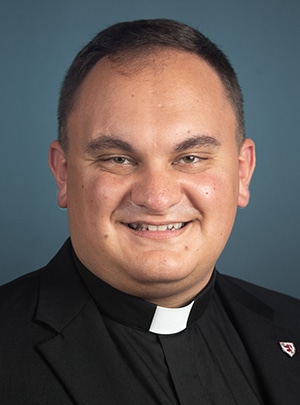
Christian Flagstadt, who will be ordained a deacon this summer and a diocesan priest next year, is one of her students. He grew up in a musical household (his mother is an organist at their parish) and played at a daily Mass starting when he was 9 years old. He was self-taught and learned to play by ear. Now he’s learning formal techniques.
“Since a young age, I’ve been involved with how much music impacts the liturgy, how it leads others in their own prayer,” he said. “It’s really inspiring to people.”
He anticipates that as a priest, his background in music will enable him to assist his music coordinator without overstepping boundaries.
“I come from a more rural diocese, and so our resources are all over the place,” he said. “I think that my experiences will help me to help those who maybe aren’t well trained, and who could collaborate with my knowledge.”
Flagstadt has seen a shift toward more traditional music.
“We are rediscovering the beauty of old chants and polyphony, and the old hymns,” he said.
Experiencing liturgical music is important in the faith life of students even when they aren’t enrolled in music programs.
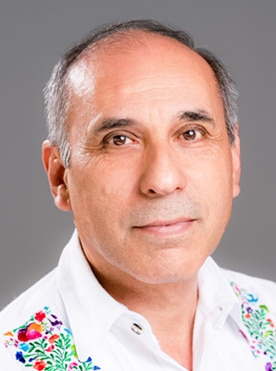
José Rubén De León is minister of liturgy at St. Mary’s University in San Antonio. He’s seen students at Mass emotionally moved and spiritually transformed by the power of melody or text from a traditional classic or contemporary song.
“I believe that each time it was the liturgical music that put these young men and women in touch with the living God,” he said.
Music is a way for people to connect during worship. Students have told De León that they miss not being able to sing at liturgies because of COVID-19 restrictions. There are many different answers when he asks what songs they miss the most.
“One said she misses singing ‘Lamb of God’ because the melody makes her happy,” he said. “In each of the answers, the students gave witness to their faith.”
Maryann Gogniat Eidemiller writes from Pennsylvania.

